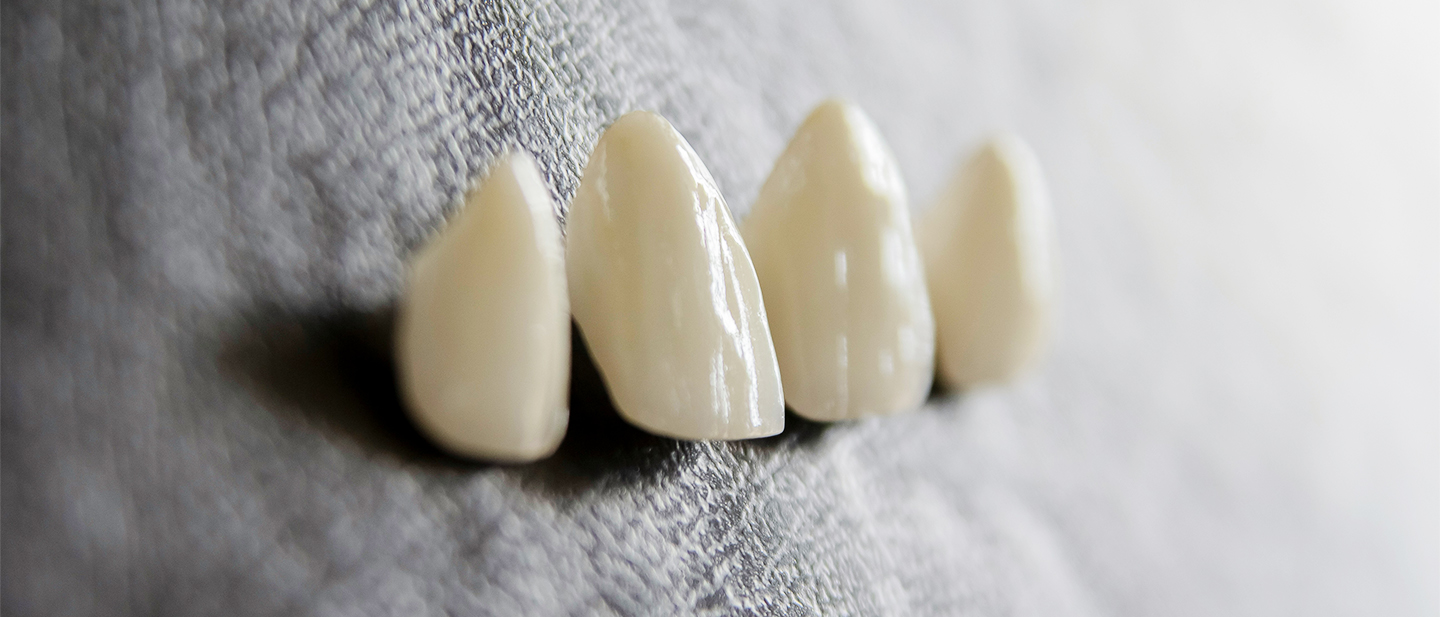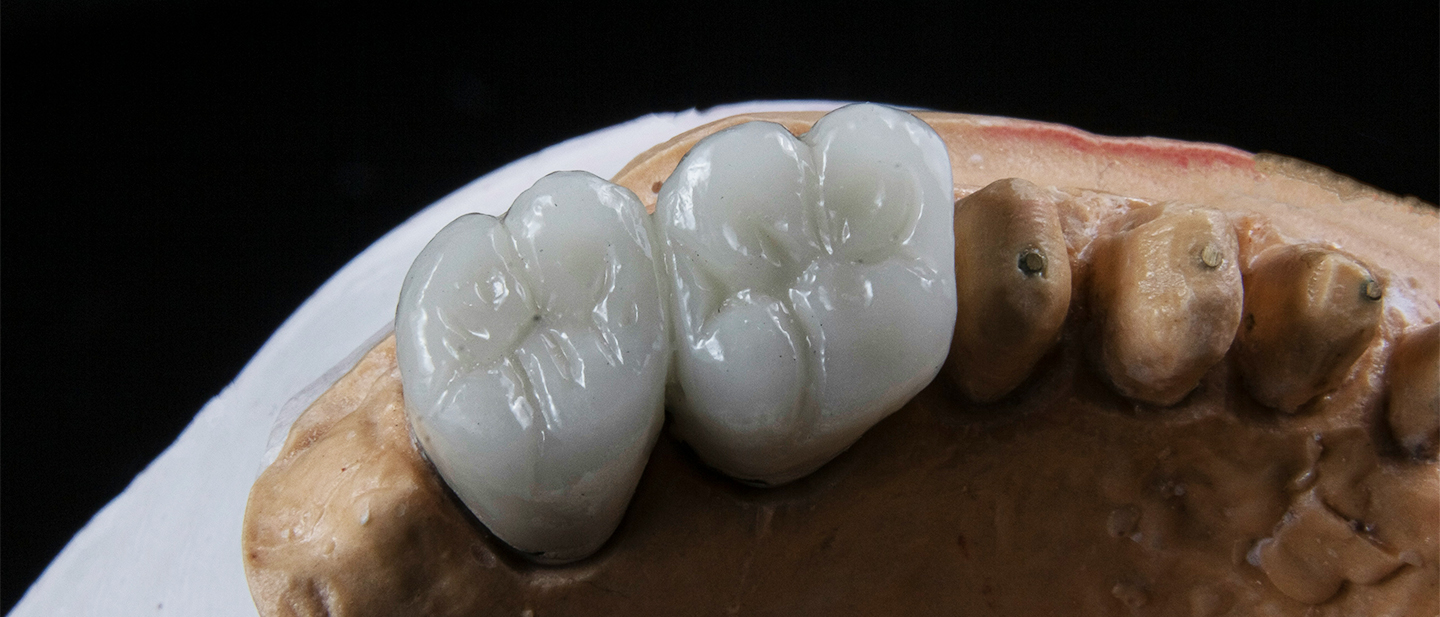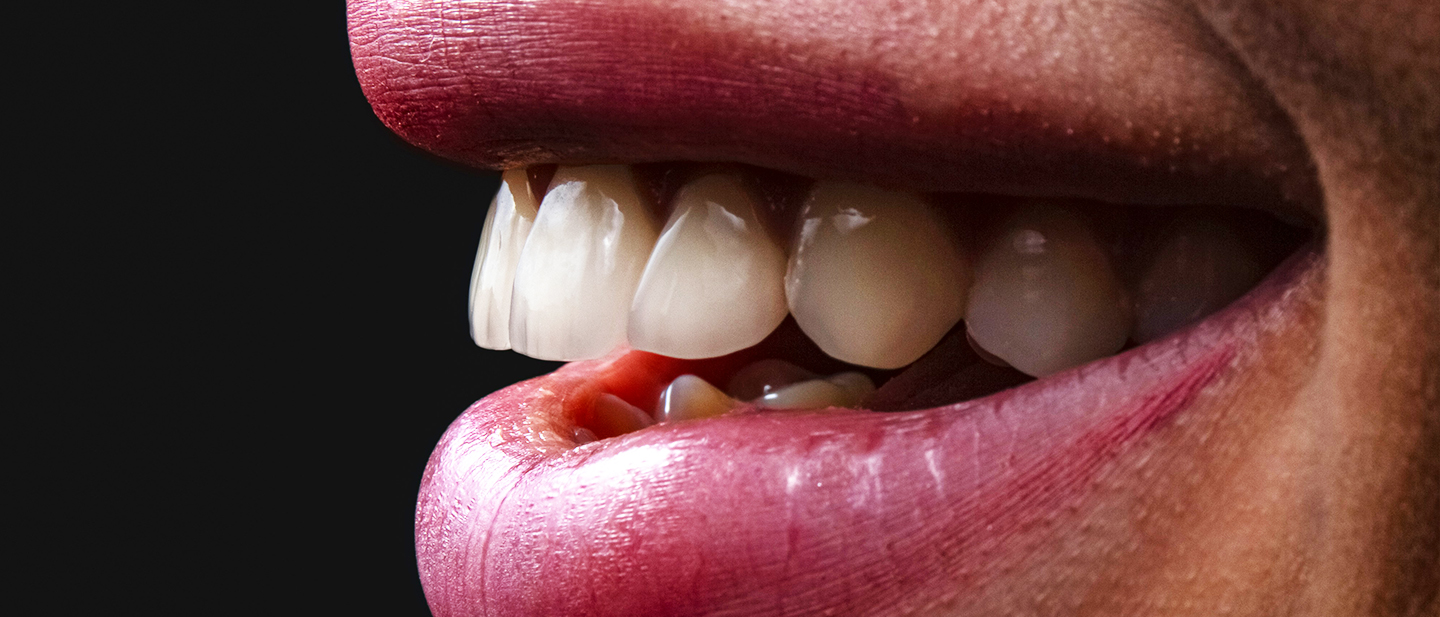Crowns
A dental crown, or “cap,” is used to cover a damaged tooth to restore its proper form and function.
DENTAL CROWN
A dental crown, or “cap,” is used to cover a damaged tooth to restore its proper form and function. This can become necessary after tooth decay, presence of a large filling, severe tooth wear or even normal wear and tear causing loss or weakening of tooth structure. If a root canal is performed to save a tooth, a dental crown is often recommended to protect the tooth’s structure and reduce the risk of tooth fracture.
Crowns have historically been made of a gold-alloy or a combination of gold-alloy layered with porcelain to create good esthetics. Today, most crowns are made entirely of strong and esthetic dental ceramics, which create the most life-like restorations possible.

HOW LONG DO DENTAL CROWNS LAST?
Crowns can last on average 10-15 years; however, this requires excellent oral hygiene at home and regular dental maintenance visits. Most commonly, crowns fail due to recurrent decay, which is the development of a cavity on the tooth structure not covered by the crown. Crowns can also chip or crack as the ceramic materials used are very strong, but also brittle. Care must be taken with your crowns to ensure long term success. The use of a night guard may also be recommended to protect your crown for the deleterious effects of tooth grinding while sleeping.

IS A ROOT CANAL NEEDED PRIOR TO PLACING A DENTAL CROWN?
Root canals are needed when the nerve in your tooth is irreversibly irritated, or the nerve has died. Root canals are not required before a crown is placed, however, there is the possibility that teeth, after being treated, may develop a condition known as pulpits or pulpal degeneration. Usually, this cannot be predetermined as the tooth or teeth may have been traumatized from a past accident, deep decay, undetected crack, or other causes. In these cases, root canal treatment is required. As such, if a tooth remains appreciably sensitive for a long period of time following treatment, root canal treatment may be necessary. Infrequently, the tooth (teeth) may abscess or otherwise not heal completely. In this event, periapical surgery or even extraction may be necessary.

DENTAL CROWN PROCEDURE: STEP-BY-STEP
- Initial Examination and Consultation
- The dentist examines your tooth and acquires X-rays to assess the extent of decay, damage, or infection.
- If the tooth is too damaged, a root canal might be needed before the crown.
- A treatment plan is created, and options for crown materials (ceramic, metal, etc.) are discussed.
- Tooth Preparation
- The tooth receiving the crown is reshaped to make room for the crown. This involves removing a portion of the outer tooth structure to accommodate the thickness of the crown material.
- If a large part of the tooth is missing, the dentist may use a filling material to build it up.
- Impressions
- An impression (mold) of the prepared tooth and surrounding teeth is taken using a dental putty or digital scanner
- This helps create a custom crown that fits ideally
- Temporary Crown Placement
- A temporary crown is placed over the prepared tooth to protect it while the permanent crown is being made
- Temporary crowns are generally made from acrylic and cemented with a temporary cement
- Crown Fabrication
- The impressions are sent to a dental lab, where technicians create the custom crown. This usually takes 2 to 3 weeks
- Permanent Crown Placement
- Once the permanent crown is ready, the temporary crown is removed
- The dentist checks the fit, shape, and color of the permanent crown and confirms you are pleased with the esthetics
- After any necessary adjustments, the crown is cemented into place with a definitive dental cement
- Aftercare
- Mild sensitivity or discomfort is normal for a few days. These symptoms should resolve overtime
- Good oral hygiene and regular dental check-ups are required to ensure treatment success
- If you have a history of tooth grinding, the use of a night guard will likely be recommended following crown placement